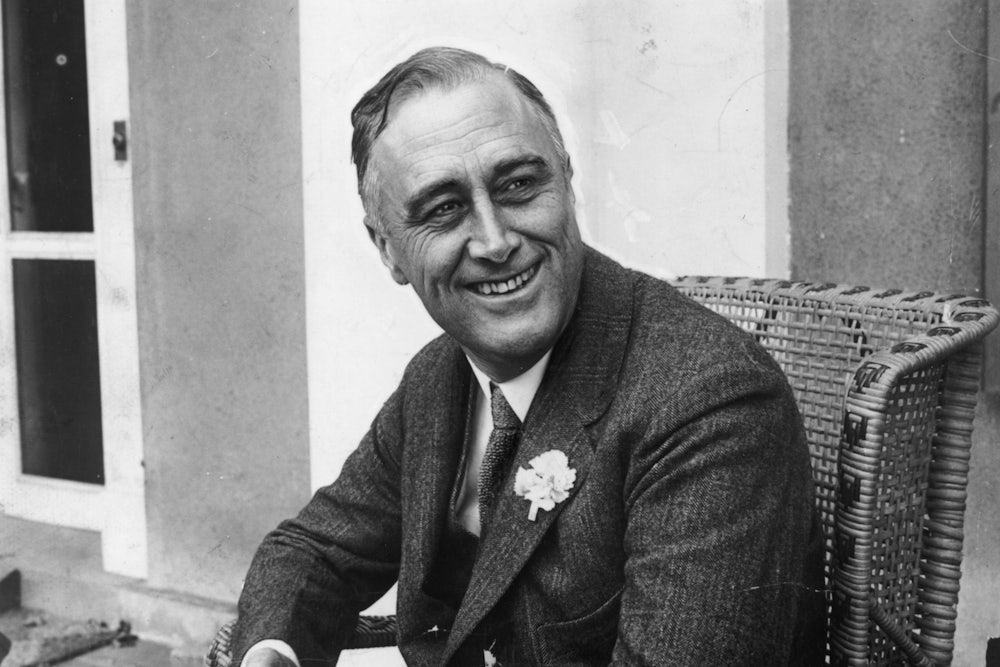Both U.S. presidential candidates Donald Trump and Hillary Clinton have recently been caught deceiving the public about their health. Each candidate has accused the other of lying about medical conditions.
Trump released a note from a doctor which turned out to be questionable. Critics have attacked not only the wording of the letter but also the odd circumstances in which it was written. The former reality TV star now plans to release updated medical records on Dr. Oz’s TV show.
Clinton admitted suffering from pneumonia after having previously given conflicting accounts for troubling health episodes, first having said she was suffering from allergies, then saying she was “overheated.“ Some are now speculating that her condition is worse than pneumonia and point to past medical episodes including fainting and falling. Even her allies complain that she needs to be more transparent and honest about her health.
Americans are unforgiving about their presidents having any medical ailments. Public opinion polls suggest that voters want to know the details about the candidates’ health.
Maybe that’s why reporters demand them.
Feels like a good day for Clinton to release her medical records and call on Trump to do same
— adam nagourney (@adamnagourney) September 11, 2016
The alleged health scandals may have added to the intrigue of the current race between Trump and Clinton, but the candidates’ deception is nothing new in U.S. presidential history.
In fact, I wrote a piece in the Encyclopedia of Deception with Professor Michael J. Beatty about how rampant deception is when it comes to presidential health. Spoiler alert: It’s one of the most common types of political deception perpetuated against journalists and the public.
Lie early and often
The first recorded account of a U.S. presidential administration lying to reporters at a press briefing was in 1893. President Grover Cleveland’s secretary of war told inquiring journalists that their speculations about the president having surgery were wrong. The nation was in a recession and Cleveland feared that his economic plan would be doomed if the public knew that his doctor thought he could have cancer. Cleveland had surgery secretly on a yacht, the tumor was removed, but the nation continued spiraling into an economic depression.
During President William McKinley’s second term in office, his health plummeted. He had eye trouble. He was bedridden with the flu. And he neared death from pneumonia. Yet his spokesman tamped down media speculation, telling journalists that reports of the president being ill were “foolish stories.”
When Woodrow Wilson became gravely ill from syphilis, his spokesman issued press statements that the president was recovering from fatigue.
For the entirety of his service to Franklin D. Roosevelt, Press Secretary Stephen Early tried to hide the president’s polio by having the press snap photos of the president in ways that hid his wheelchair. Even after FDR died, Early released a statement that “the president was given a thorough examination by seven or eight physicians” and “he was pronounced organically sound in every way.”
Dwight Eisenhower was hospitalized with a heart attack, but his press operation initially told reporters he had an upset stomach.
Just as recent reports have speculated that the alleged “cover-up” of Clinton’s health extended to her campaign staff also being sick, there is even precedent for presidential staffers lying about their own health.
William Howard Taft’s press spokesman, Archie Butt, was sickened from stress and fatigue. He flew to Rome, Italy to escape and get rested. Rather than admit that he was exhausted – which would seem reasonable for a person working in such a high-stress position – he told the press corps that his trip was to meet with the pope.
Sometimes presidents lie about medical conditions to distract from other non-health issues. When John F. Kennedy was holding secret meetings dealing with the Soviet Union and the Cuban Missile Crisis, Press Secretary Pierre Salinger told reporters that the president’s schedule changes and lack of public appearances were due to a cold. He even released the president’s symptoms and temperature. Perhaps proving that he wasn’t talented at deception, Salinger used the same cold excuse to explain Vice President Lyndon Johnson’s impromptu flight from Hawaii to the White House at the same time. The Washington Post’s editor suspected the colds were awfully coincidental, but Salinger refused to comment.
As the political public relations adage goes: The cover-up is worse than the crime.
Trump, 70, and Clinton, 68, are two of the oldest aspirants for the White House. The American public surely does not expect either to have perfect health. But voters do not want to think either politician is deceptively “doctoring” their medical condition either. While both Trump and Clinton may be in full attack mode, accusing each other of deceiving about health while defending their own, voters might be more forgiving of the candidate who comes clean first.
![]()
This article was originally published on The Conversation. Read the original article.
